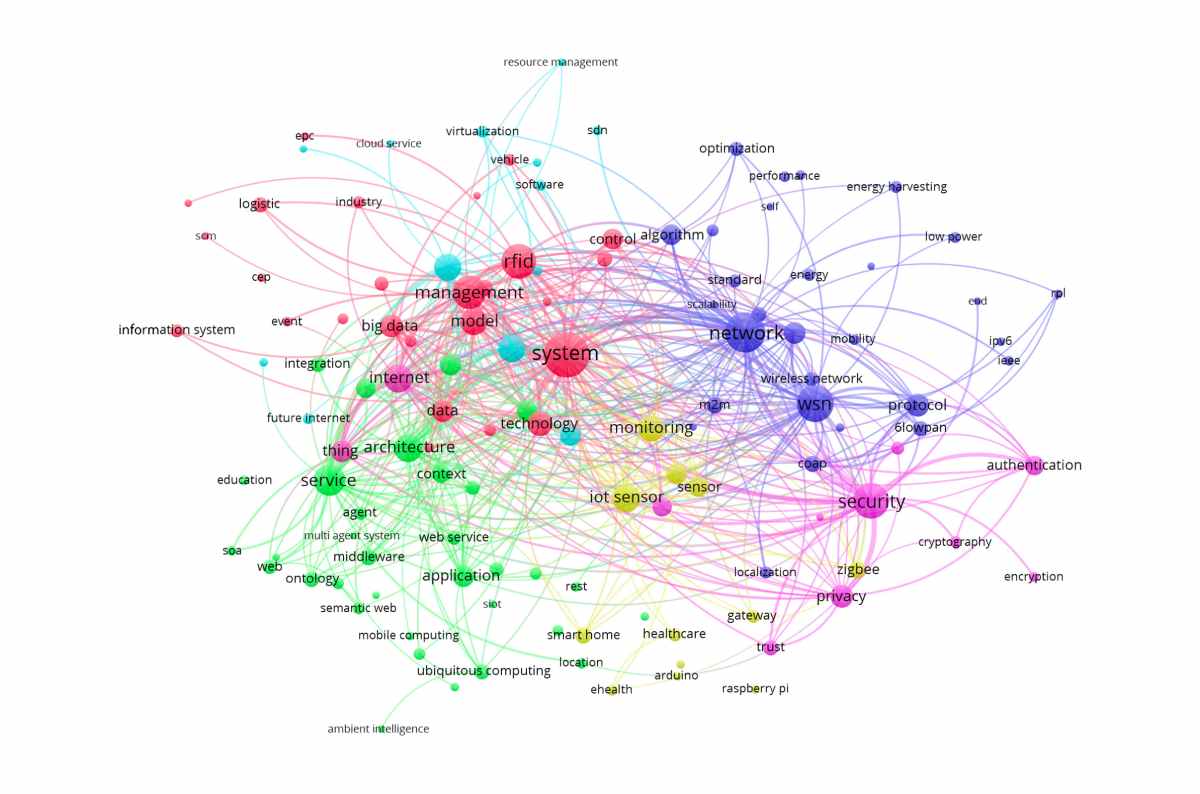How to learn SEO, where to start and how to become a SEO expert?

Printed 2023-01-15

Regardless of whether a person is planning to get a job at a company, or may have already got there, or generally wants to learn Search Engine Optimization in order to live quietly in the countryside on the coast, manage a few freelance clients and enjoy life, you need a manual, a definite plan for training and further professional development.
Is the field of SEO suitable for me?
According to observations, the best way to cope with the duties of people with a technical mindset. Ideally, physicists and mathematicians. But if you're a humanist, that's not a sentence. As Thomas Edison said, "Genius is one percent inspiration and ninety-nine percent perspiration" - in other words, success in any business is 99% dependent on the hard work and effort you put into the business you do. So 1% in favour of a technical mindset and 99% in favour of persistence.
Interest and desire - if these two things weren't there, one wouldn't move at all (not taking needs and physical requirements into account), so this is very important, but it's even more important to maintain interest over time and fuel it with new achievements in one's career or with personal projects.
Where to start? Oddly enough, the first thing to do is to learn how to use search engines and find what you are looking for. The query "how to use google" does not sound silly at all. You can find a very useful reference to search results in this way. And how can you learn how to optimize sites for people and search algorithms, if you have no idea what a search engine shows, of what and on what principles are formed search results.
SEO is a dynamic field and something is constantly changing. You have to keep your knowledge up to date, but I am getting ahead of myself, because in order to update something, you have to know it first. So, here are four things every SEO specialist should know:
- get a basic understanding of CSS and HTML;
- understand the algorithms of search engines;
- master the basics of optimisation and site promotion;
- become familiar with analytical tools.
What an SEO expert should know
The basics and basic terms a SEO specialist needs to know:
HTML and CSS (JavaScript is optional):
- Basic HTML tags <html>, <head>, <meta>, <title>, <style>, <body>
- Headings: <h1>, <h2>, <h3>, <h4>, <h5>, <h6>
- Tables: <table>, <tr>, <td>, <th>
- Content: <p>, <div>, <span>, <img>, <br>, <a href="">, <strong>, <em>, <noindex>
- Lists: <ul>, <ol>, <li>
Search engine basics: indexing, index, ranking, ranking factors, geo-dependency, regionality, personalisation, relevance, search engine output, TOP, snippet, mirror site, CTR, updater, contextual advertising, assessor, bots.

Example of semantic keywords map
Hosting and CMS: admin panel, URL, CNC, FTP, hosting, backup, server, CMS, engine, control system, database, domain, IP, server reply code, 404 error, 301 redirect, htaccess, header, footer, sidebar.
Keywords: search terms, semantics, semantic core, SN, BF, BF, LF, clustering, commercial / informational / navigational / transactional).
On-page optimization: robots.txt, sitemap, sitemap.xml, meta tags, title, description, h1, linking, content, copywriting, rewrite, copypaste, embedding, wordform, listing, pagination, micromarking, nesting level, broken links.
Off-page optimization: backlink profile, inbound links, external links, donor, acceptor, anchor, link exchange, rented links, eternal links, buying links.
User factors: behavioural factors, commercial factors, usability, competitor analysis, aggregator, landing pages.
Sanctions and Algorithms: Google updates, sanctions, Penguin, Panda.
Analytics: Google Search Console, Google Analytics, Semrush, Ahrefs, traffic, visits, sessions, conversion, goals.
Data: working with Excel, Google Sheets.
Online training and video courses
There are now enough platforms offering online education in the field of digital, such as Udeny and Coursera. We believe that training on a proper SEO course would be appropriate while you are studying at university, or still working somewhere, but planning to learn and become a seo-specialist, that is, when you have some free time and can leisurely engage in self-education.
There are all sorts of courses (including free) and training videos on YouTube. They will not make an expert out of you, but they will help you navigate in this ocean of new information.
Conclusion
We have deliberately left out some formats for gaining knowledge, such as attending conferences and seminars. The useful thing about them is the informal networking with speakers, but they tend to hang out with their friends and it would be difficult to get into their social circle. Leave it for the future, and if you really want to communicate, start to meet cool professionals in social networks, the link to a list of profiles we show you above. For now it will be much more useful for you to communicate and share experiences with colleagues.
You need to gain experience to do experiments, and then it will be time to learn the ins and outs of different tricks.

